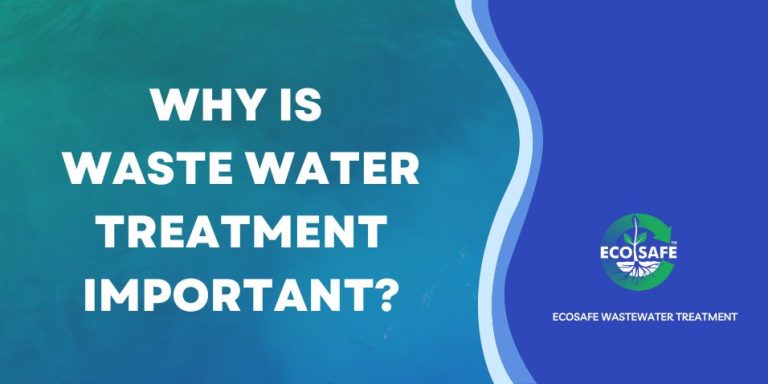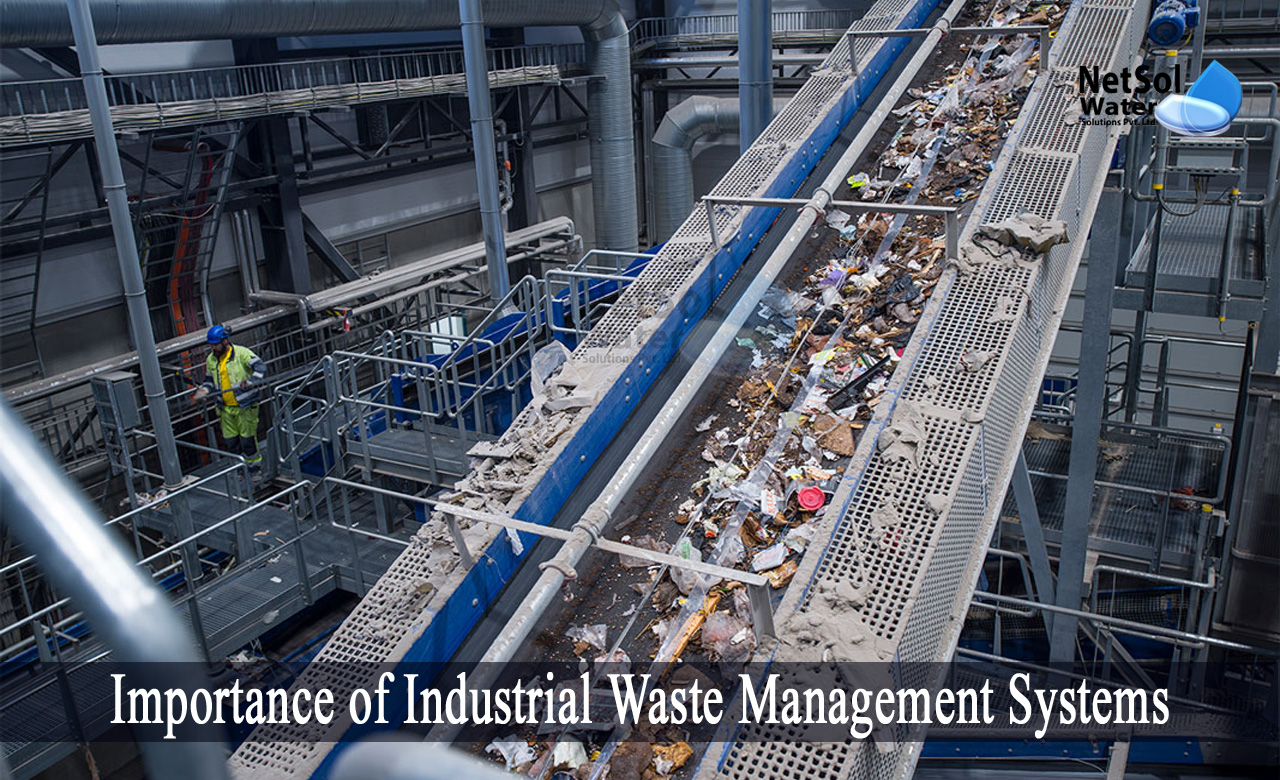Top Guidelines Of Reclaim Waste
Top Guidelines Of Reclaim Waste
Blog Article
Reclaim Waste Fundamentals Explained
Table of ContentsThe Single Strategy To Use For Reclaim WasteThe Ultimate Guide To Reclaim WasteHow Reclaim Waste can Save You Time, Stress, and Money.Getting My Reclaim Waste To WorkThe 9-Second Trick For Reclaim Waste
Check out the types, events, and kinds of fluid waste. Domestic sewer waste refers to the waste and products from a domestic septic system. This kind of waste is produced by humans in residences, institutions, and other structures. This only includes septic systems that have a drain area. The correct management and disposal of residential sewage waste require fluid waste to be transferred to a sewer treatment plant where the correct methods and equipment are used to purify and throw away waste.
Industrial waste frequently includes prospective hazards, such as flammable products or a mixture of liquid and strong waste products, and calls for a more innovative and comprehensive disposal procedure. The disposal of commercial waste typically involves the filtration of waste prior to transport to ensure safe and appropriate disposal. Hazardous waste is developed from results and drainage of industrial processes and manufacturing.
This kind of waste can not use the same sewer management transportation or procedures as septic or industrial liquids. The hazardous waste monitoring process calls for the assessment and screening of liquid waste before it undertakes the disposal procedure (liquid waste disposal). Runoff waste is the fluid waste that originates from runoff and excess stormwater in very populated locations or cities
Overflow waste can cause contamination and flooding if not dealt with properly. Ensuring correct waste monitoring can stop calamities and decrease ecological harm.
Some Known Questions About Reclaim Waste.
Contact PROS Services today to discover concerning our waste management and disposal services and the appropriate ways to take care of the fluid waste you create.
(http://peterjackson.mee.nu/where_i_work#c2441)Do you know what occurs to your water when you end, flush the commode or drain the washing device? No? Well, it deserves recognizing. This supposed 'wastewater' is not just a vital source however, after therapy, will be released to our land, rivers or the ocean. Used water from bathrooms, showers, baths, kitchen sinks, laundries and commercial processes is referred to as wastewater.

water used to cool machinery or clean plant and tools). Stormwater, a form of wastewater, is drainage that moves from farming and city areas such as roofs, parks, yards, roads, courses and rain gutters right into stormwater drains, after rainfall. Stormwater moves unattended straight to local creeks or rivers, eventually getting to the ocean.
Getting The Reclaim Waste To Work
In Queensland, the majority of wastewater is dealt with at sewage therapy plants. Wastewater is carried from domestic or industrial sites with a system of sewage systems and pump terminals, understood as sewage reticulation, to a sewage therapy plant. City governments build, keep and run most sewage therapy plants. Operators are certified under the Environmental Defense Act 1994 to release treated wastewater at an acceptable environmental criterion into rivers.
The Department of Natural Resources encourages city governments concerning managing, operating and maintaining sewerage systems and therapy plants. In unsewered areas, regional federal governments might call for householders to install private or household sewage treatment systems to deal with domestic wastewater from bathrooms, cooking areas, shower rooms and washings. The Division of Natural Resources authorises making use of family systems when they are confirmed to be reliable.
In some brand-new class, treatment of some stormwater to eliminate litter, sand and gravel has begun making use of gross toxin traps. Wastewater therapy takes place in 4 phases: Eliminates solid matter.
Uses tiny living organisms recognizes as micro-organisms to damage down and get rid of staying dissolved wastes and fine particles. Micro-organisms and wastes are incorporated in the sludge.
The 3-Minute Rule for Reclaim Waste
Nutrient removal is not available at all sewage therapy plants since it requires expensive specialised devices. Clear liquid effluent produced after treatment might still consist of disease-causing micro-organisms - industrial wastewater treatment.

This generally suggests wastewater has to be treated or impurities gotten rid of before it can be released to waterways. Most wastewater moves right into the sewerage system. Under the Act, city governments administer authorizations and permits for eco relevant activities (Periods) involving wastewater launches that could have a local influence. The division carries out approvals and permits to browse around this site Periods entailing wastewater releases that could have a local or statewide impact.
The Definitive Guide for Reclaim Waste
Or else, examples are considered laboratory analysis. Usually lots of examinations are needed to establish the levels of each of the various pollutants such as oils, heavy steels and pesticides in water. Surveillance offers valid information concerning water top quality and can verify that permit conditions are being fulfilled. The info acquired through monitoring offers the basis for making water high quality choices.
Report this page